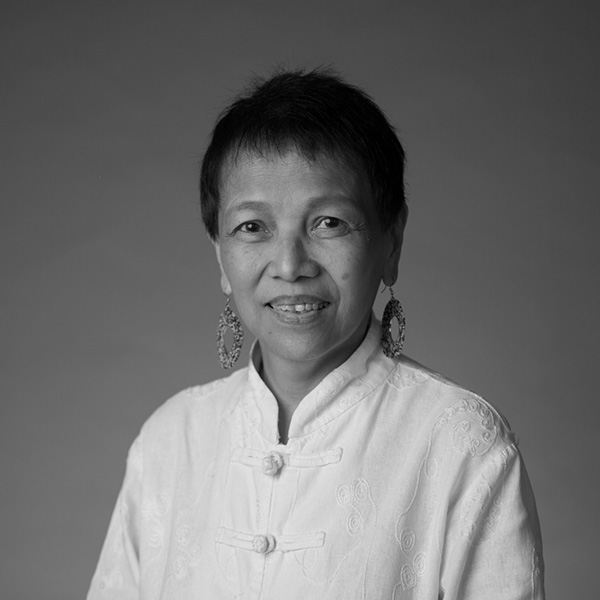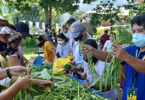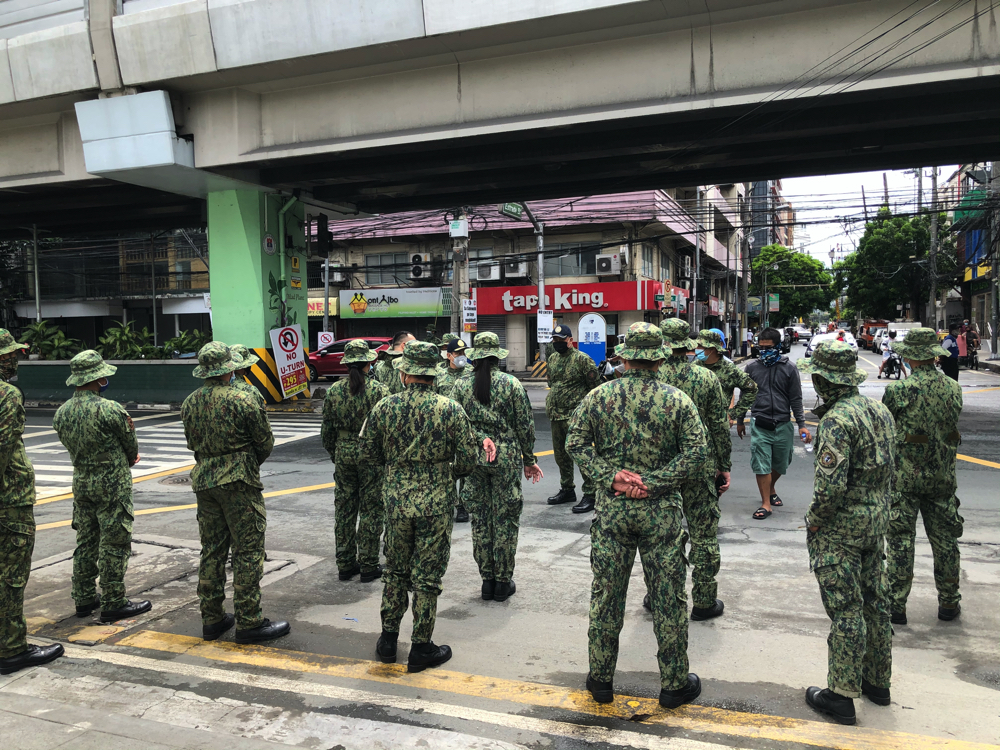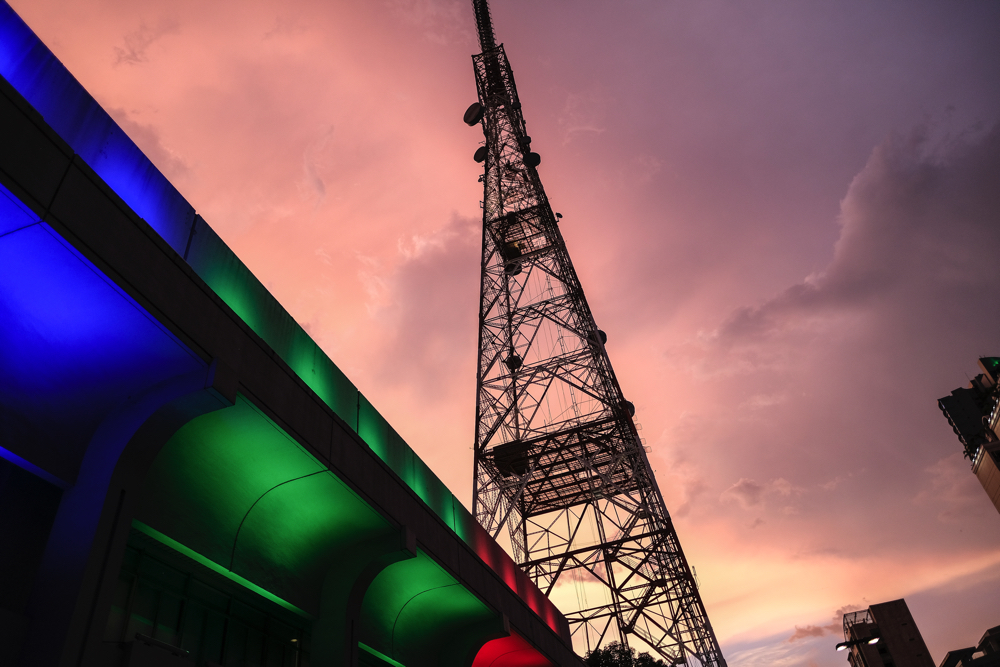On our eighth week of lockdown in Metro Manila, the killing of a man who supposedly attempted to breach a checkpoint, and the government clamping down on netizens for their social media posts perceived to be critical of President Duterte are emblematic of the heavy hand of the state during this public-health emergency.
At a time of a global crisis, the worst since World War 2, we in the Philippines are confronting the twin perils of Duterte’s authoritarian rule and the pandemic.
Let me walk you through what’s happening on the ground.
Last month, police shot dead Winston Ragos, a former soldier. It turned out that Ragos was suffering from mental illness, the reason he left the Army.
“Shoot them dead,” Duterte said as he was angered by poor residents of Quezon City who had earlier protested on the streets and asked for food aid. Some of them were detained and eventually released on bail.
The murder happened soon after President Duterte ordered the police and the military to kill quarantine violators. “Shoot them dead,” Duterte said as he was angered by poor residents of Quezon City who had earlier protested on the streets and asked for food aid. Some of them were detained and eventually released on bail.
Even volunteers of a community feeding program were arrested when they carried a placard asking help from government. Thankfully, the mayor of the city where they reside ordered their release, saying the cops “overreacted.” Moreover, the mayor said, they had the right to air their grievance as this was protected by the freedom of expression.
Overall, close to 40,000 have already been arrested for violating the lockdown, most of them caught out of their homes during curfew hours from 8 p.m. to 5 a.m. At least 6,000 have been fined.
Crackdown on netizens
There’s been a frenzied hunt as well for citizens who post messages on social media that are not favorable to the government’s response to the pandemic.
Recently, on Labor Day, a wave of arrests took place, including four labor leaders who protested online by posting slogans on social media.
Two cases, though, stand out, sending chills to the public: the arrest of an artist and the threat to have a Filipino overseas worker in Taiwan deported.
- A film writer in Cebu City was arrested without a warrant after she posted on Facebook a satirical message about her city being the “epicenter [of COVID-19] in the whole solar system” (Macasero 2020). She was eventually released.
- In Taiwan, the Philippine labor attaché asked the employer of a Filipina caregiver to deport her because of her “attempts on social media to discredit and malign” (Gotinga 2020) President Duterte, “destabilize the government” and “…cause hatred amidst the global health crisis.” The Taiwan government refused and said the Filipina enjoys the same rights as Taiwanese, among them, to speak freely.
So far, at least 17 have been summoned by the National Bureau of Investigation based on an old law that punishes the publication of “any false news which may endanger the public order, or cause damage to the interest or credit of the State”(Buan 2020a, 2020b).
Apart from this, a law that was recently passed which endowed Duterte with special powers to deal with the emergency, opened the floodgates to the state to go after those who spread “false information regarding the COVID-19 crisis on social media and other platforms…” (Buan 2020c)
What makes this so ironical is the fact that no less than Duterte is a source of false claims on the coronavirus. Among others, he said in February that the virus “even without the vaccines will die a natural death” and even compared it to HIV (Rappler 8 April 2020).
Public order above all else
President Duterte views the public-health crisis from a single lens, that of public order, the same way he did suspected drug users. As Rappler reporters Rambo Talabong and Jodesz Gavilan wrote: “The Philippines is still stuck with the drug war blueprint. The human rights abuses reported during the lockdown stem from a culture of impunity that has dominated the country since the violent drug war began in 2016.” (Talabong and Gavilan 2020)
Indeed, the rule of law has severely weakened. The 2020 World Justice Project (WJP) Rule of Law Index ranked the Philippines 91 out of 128 countries, showing a consistent negative slide. The WJP said that “over the last five years, countries experiencing the largest average annual percentage drop” included the Philippines (WJP 2020).
The crumbling of the rule of law began when Duterte unleashed a violent war against drugs where at least 5,500 have been killed, official figures show. But human rights groups estimate the number to be anywhere from 12,000 to 20,000, mostly targeting poor suspects (BBC 2019).
Duterte doesn’t brook dissent. He has sent Senator Leila de Lima, his most vocal critic, to jail on trumped up charges. He has threatened independent media, human rights lawyers, and big business who are not seen to be friendly to him. Check and balance has eroded because of the President’s control over the courts and the legislature.
The Philippines, among other countries, recently caught the attention of the international community. The United Nations High Commissioner for Human Rights Michelle Bachelet called on countries to refrain from violating fundamental rights “under the guise of exceptional or emergency measures” (Rappler 28 April 2020). She warned in a statement that “emergency powers should not be a weapon governments can wield to quash dissent, control the population, and even perpetuate their time in power” (Rappler 28 April 2020).
Bachelet further said “Shooting, detaining, or abusing someone for breaking a curfew because they are desperately searching for food is clearly an unacceptable and unlawful response” (Rappler 28 April 2020).
Once more, vigilance is what the country needs at this time. We need to protect our fragile democracy as we protect ourselves the from this dangerous virus.
5 May, 2020
References
- BBC. Philippines drug war: Do we know how many have died? https://www.bbc.com/news/world-asia-50236481 (accessed 1 May 2020)
- Buan, Lian. 2020a. NBI subpoena based on post griping about govt’s P2B business jet. Rappler, 7, April 2020. https://www.rappler.com/nation/257278-nbi-subpoena-based-griping-about-government-private-jet (accessed 1 May 2020)
- Buan, Lian. 2020b.NBI summons ‘more than a dozen’ for coronavirus posts. Rappler, 3 April 2020. https://www.rappler.com/nation/256746-nbi-summons-more-than-dozen-people-social-media-coronavirus-posts (accessed 1 May 2020)
- Buan, Lian. 2020c. Bayanihan Act’s sanction vs ‘false’ info the ‘most dangerous’ Rappler, 29 March 2020. https://www.rappler.com/nation/256256-sanctions-fake-news-bayanihan-act-most-dangerous (accessed 1 May 2020)
- Gotinga, JC. DOLE asks Taiwan to deport OFW with Facebook posts criticizing Duterte. Rappler, 25 April. https://www.rappler.com/nation/259053-dole-asks-taiwan-deport-ofw-facebook-posts-criticize-duterte (accessed 1 May 2020)
- Macasero, Ryan. Cebu film writer arrested over Facebook post about coronavirus in Sitio Zapatera. Rappler. April 19, 2020. https://www.rappler.com/nation/258398-cebu-film-writer-arrested-coronavirus-facebook-post-sitio-zapatera (accessed 1 May 2020)
- Rappler. 2020. FALSE: Duterte warned about coronavirus threat ‘at the start’. 8 April 2020. https://www.rappler.com/newsbreak/fact-check/257369-duterte-warned-coronavirus-threat-at-the-start (accessed 1 May 2020).
- Rappler. 2020. U.N. warns of police brutality, curtailing of rights under virus lockdown. https://www.rappler.com/world/global-affairs/259266-united-nations-michelle-bachelet-human-rights-coronavirus-lockdown-april-2020 (accessed 1 May 2020).
- Talabong Rambo and Jodesz Gavilan. 2020. Policing a Pandemic: Philippines still stuck with a drug war blueprint. Rappler, 1 May 2020. https://www.rappler.com/newsbreak/in-depth/259493-policing-coronavirus-pandemic-philippines-still-stuck-drug-war-blueprint (accessed 1 May 2020)
- World Rule of Law Index. 2020. Philippines. https://worldjusticeproject.org/rule-of-law-index/country/2020/Philippines/ (accessed 1 May 2020)
Marites Danguilan Vitug affiliated with Rappler has been a journalist for more than three decades and is one of the Philippines’ most accomplished journalists. A bestselling author, she has written eight books on Philippine current affairs. Her latest book, “Rock Solid: How the Philippines won its maritime dispute against China Sea,” won a National Book Award in 2019. She has won public recognition for her reportage on justice, politics, government, and security. She is the former editor of Newsbreak, a pioneering political magazine which The New York Times described as having “spunk and spice.” Currently, she is editor at large of Rappler.
Citation
Marites Danguilan Vitug. 2020. “Amid the Pandemic, a Killing, Arrests and Crackdown on Freedom” CSEAS NEWSLETTER, 78: TBC.







